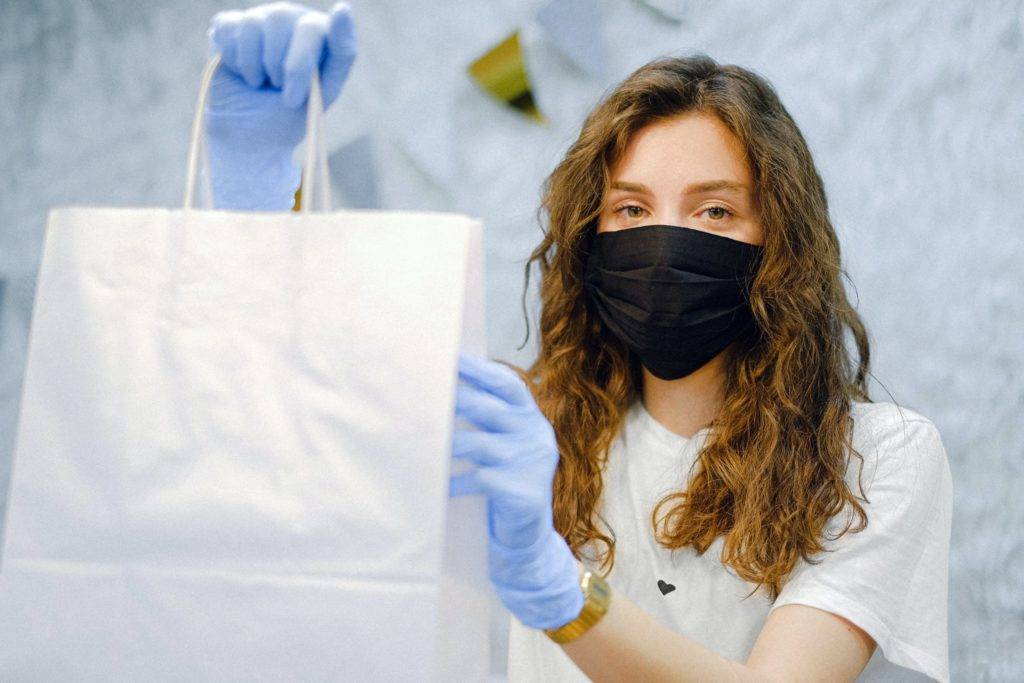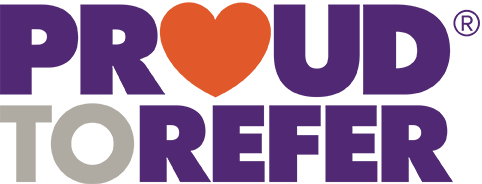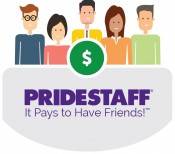Our essential workers are not just in healthcare. They are the people that stock your groceries or deliver your mail. Since most nonessential businesses are closed, this leaves us with a cadre of people on the front lines in businesses working every day to meet the needs of the public. How do we keep these workers safe?
Who Are Our Essential Workers and How to Protect Them?
Nonessential businesses are recreational. While we may argue if Starbucks is essential, generally, any organization that isn’t vitally necessary to the public health is now closed. While this may be temporary, sporting venues to museums to bars are now deemed nonessential. However, your local garden center is probably still open, along with your grocery and the post office around the corner. Safety & Health Magazine names several frontline workers that we may not normally consider, including:
- Law enforcement
- 911 call center workers
- Janitorial and custodial staff
- Foodservice and agricultural production
- Critical manufacturing
But companies that are still open are worried about protecting their workers from harm Limiting their exposure to the COVID-19 virus is paramount to protecting your frontline workers. One way to protect your essentials workers is to develop screening procedures for visitors to your business. You could have visitors to check-in and sign a document that says they are healthy.
Or, limit the number of visitors to your facility or business. You could also request that everyone that enters your store wears a mask. Post signs at your entry doors and ask people to comply with your request. Controlling the traffic in your stores naturally lends itself to social distancing and protecting your grocery workers. You can also minimize the amount of time your storefront is open to control outside visitors.
It’s also important to provide your teams with tools to protect themselves from these outside visitors. This means giving them plenty of disinfecting wipes, hand sanitizer, masks, and rubber gloves. Make certain your workers are not sharing any products that are near their mouth or nose, such as a headset. It’s also important for workers to stagger breaks and maintain social distance during any shared breaks. Make sure their desks are six feet apart. It’s a good idea to make the break rooms off-limits for now. It could help workers on longer shifts to offer them a catered lunch.
Establishing new protocols around shared bathrooms to keep them clean and disinfected is important. All of these protocols will keep both your workers and any visitors to your business safer.
Talk with your workers about protocols to keep them safe and how important they are. If any of them exhibit signs of illness, they must understand it is perfectly acceptable to go home. Employers should make it clear to workers that they have health benefits and that it is okay to use them.
For nonessential workers, establishing tools to help them work remotely is very important. Do your workers have the tools they need to do their jobs from the safety and comfort of their homes? Your organization must find the best ways to support these nonessential workers as much as they do those on the frontlines.
At PrideStaff we believe every worker is essential. We hope these instructions will keep your workers and customers safer. Contact us if you are looking for additional staff!



